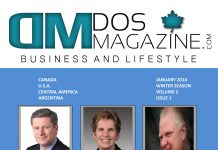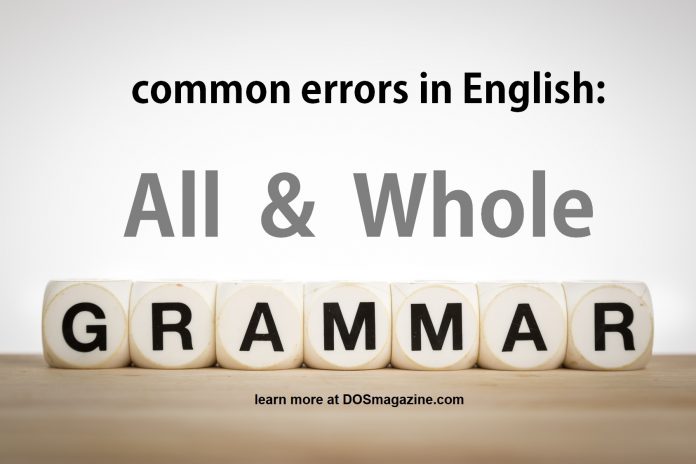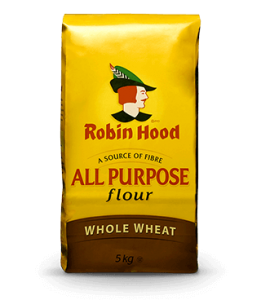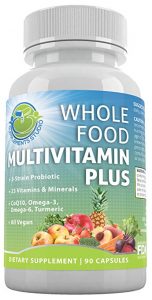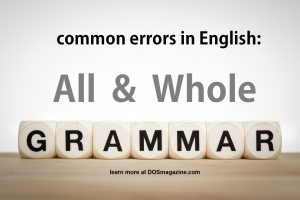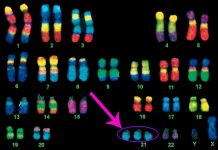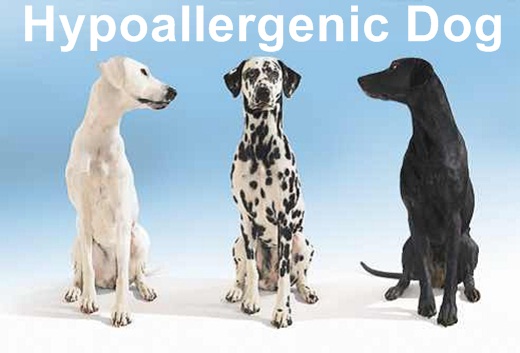All and Whole both mean the complete/full amount, number, duration, etc. of something, without missing any parts. Although they have very similar meanings, “all” and “whole” are used in different ways.
Whole’ has the sense of ‘complete’ and ‘all’ indicates every part of something. For example if we mean from the beginning of the day until the end of the day, we would say: the whole day. We can also say: all (the) afternoon, which suggests every part of the afternoon.
Briefly the difference is that ‘whole’ refers to the entirety of something whereas ‘all’ refers in particular to all the parts/bits that make up the afternoon. In this sentence: Charlie ate the whole cake, there is simply an indication that the complete cake was eaten. Charlie ate all the cake (all of the cake) suggests that possibly it was surprising that he did that because it was a big cake and he managed to consume every single bit of the cake.
Here are more examples that show the difference between all and whole:
I ate the whole cake.
= 100% of one cake.
I ate all the cakes.
= 100% of many cakes
The whole apple is rotten.
= 100% of one apple.
All the fruit is rotten.
= 100% of many apples, bananas, grapes, etc.
With the definite article:
All comes before the definite article: All the time
Whole comes after the definite article: The whole time
With a possessive adjective:
All comes before a possessive adjective: All my life
Whole comes after a possessive adjective: My whole life
With a singular noun:
Whole can only be used after a definite article: The whole country (not ‘Whole country’)
With Plural Nouns:
They have different meanings:
All exams were affected. = Every exam was affected.
Whole exams were affected. = This doesn’t mean that every exam was affected, but that some were affected completely.
With uncountable nouns:
We generally use all. We can say ‘the whole of the’ before an uncountable noun.
TEST
Now choose the correct form to complete each sentence:
1) ___ family live in Manchester.
a- All
b- Whole
2) Did you invite ___ of them?
a- all
b- whole
3) I worked the ___ day.
a- whole
b- all
4) Who ate ___ the biscuits?
a- all
b- whole
5) I didn’t watch ___ movie.
a- whole
b- the whole
6) My dog barks ___ the time.
a- whole
b- all
7) The ___ meeting only took 10 minutes.
a- whole
b- all
8) I lost ___ lot of money.
a- a whole
b- whole
c- the all
a- all
9) Where are ___ children?
a- all the
b- whole
c- the whole
d- all
10) She’s away __ week.
a- whole
b- all
c- the all
d- whole the
Common Errors In English: All, Whole, Every
Don’t Say: “I Invited All The Class.”
Say: “I Invited The Entire Class.” (More Formal)
Or: “I Invited The Whole Class.” (More Informal)
EVERY
Use every with singular, countable nouns:
I exercise every day.
Every student in the class has a computer.
Every necklace in this store costs more than $1,000.
ALL
Use all with plural countable nouns OR with uncountable nouns to mean 100% of many things:
All of this equipment is new.
= many pieces of equipment
All the students in the class have computers.
All the necklaces in this store are expensive.
WHOLE / ENTIRE
Use whole or entire with uncountable or singular countable nouns to mean 100% of one thing:
I ate the whole pizza.
= 100% of one pizza.
I finished reading the entire book in three days.
=100% of one book.
____________________________________________________________
ANSWERS
1-a
2-a
3-a
4-a
5-b
6-b
7-a
8-a
9-a
10-b






